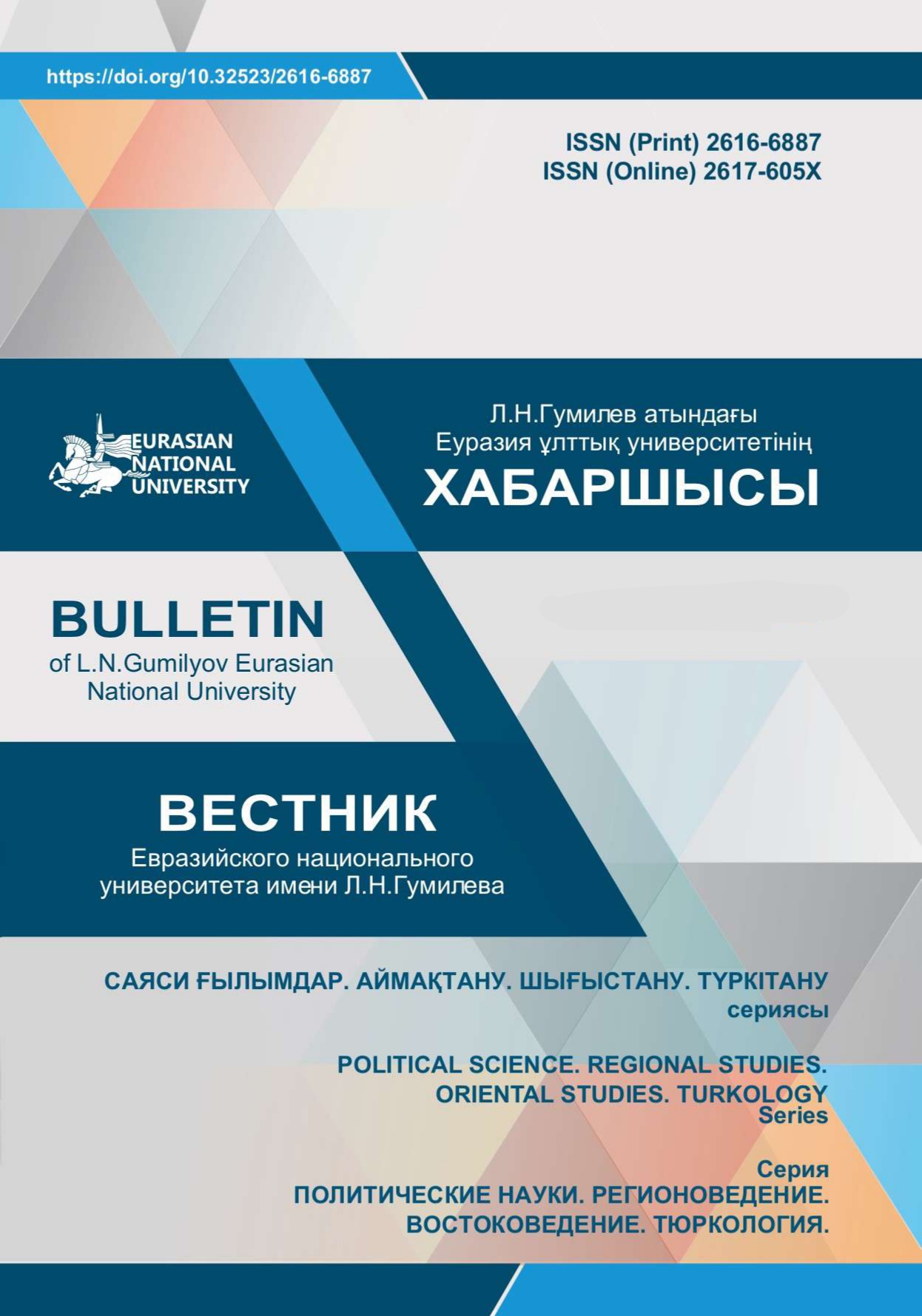Особенности исследования Джоном Бэтчелором айнов в Японии
Просмотры: 301 / Загрузок PDF: 0 / Загрузок PDF: 155
Аннотация
В данной статье показана повседневная жизнь и деятельность неизвестного отечественным востоковедам британского миссионера Джона Бэтчелора, основоположника айнуведения. В зрелые
годы Джон Бэтчелор (1854-1944) переезжает в Японию, где занимается изучением происхождения, традиций, религиозных верований и культуры айну. Родившийся в Англии Бэтчелор исповедует христианство, поэтому решает отправится в англиканскую церковь Хакодатэ на Хоккайдо, Япония. Начав свою
миссионерскую деятельность в этой стране, Джон, овладевает местным японским и айнским языками.
Так, осевший на Хоккайдо миссионер изучает повседневную жизнь ассимилированных японцами айну.
В результате, он открывает школу Айруи-Гаккоу для айну, ведет работу над книгой «Японские айну».
В следствии этого, управление правительства Хоккайдо за свой счет издает «Айну-англо-японский словарь». Затем публикуют перевод «Нового Завета». В его книге «По следам Айнов» Джон говорит, что
айнский язык вышел из употребления и устарел, так как его заменил японский. Он также собирает интересные материалы и приводит сведения из истории повседневной жизни айну в своей работе «Жизнь
и образование айнов», изданной на английском языке.
Вернувшись в Англию, Д. Бэтчелор завершает работу над четвертым изданием «Айно-англо-японского словаря». Когда японо-английские отношения начинают обостряться Джон решает покинуть Японию. Таким образом его миссионерская деятельность плавно перетекает в исследовательскую. Всю свою
жизнь он проводит в Японии, борясь за права и свободу народа айну. Помимо этого, в статье рассматриваются обстоятельства, побудившие Бэтчелора на изучени айнов. Позже его «англо-айнский» словарь
становится неотемлимой основой для многих японских и зарубежных лингвистов. Не маловажную роль
в судьбе айнов сыграла книга «Айны и фольклор». В результате проблема айнов стала известна всему
миру, народ был взят под опеку ООН. В статью также были включены прямые высказывания Д. Бэтчелора, критика лингвиста-антрополога Чири Машихо.








